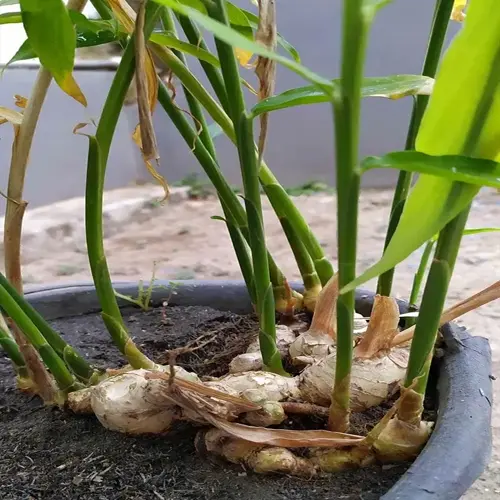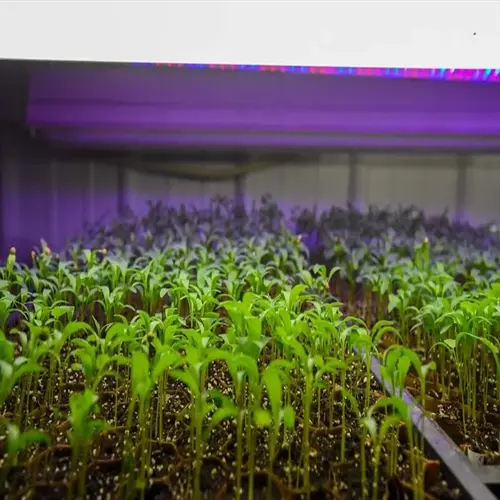What are critical factors for successful container mint cultivation?

Written by
Kiana Okafor
Reviewed by
Prof. Martin Thorne, Ph.D.Successful container mint cultivation is about understanding and managing = key growing elements. These elements work in harmony to promote healthy growth and plentiful harvests; if any one is lacking, plant health and production suffer. Concentrated effort into managing these key elements results in happy and fruitful panted mint gardens.
Soil Composition
- Use peat moss/perlite/compost blend for optimal drainage
- Maintain pH between 6.0-7.0 for nutrient absorption
- Avoid garden soil that compacts and suffocates roots
Moisture Management
- Water when top inch of soil becomes dry
- Ensure containers have proper drainage holes
- Avoid waterlogging that causes root rot issues
Container Specifications
- Select pots with minimum 12-inch diameter
- Provide adequate root space for expansion
- Elevate containers for airflow underneath
Consistent Harvesting is essential for the ongoing new growth of mint plants. This sustained growth will cease if you harvest their leaves and stems all at once; therefore, follow the one-third rule above. It is best to harvest mint in the morning when the concentration of essential oils is highest. This will help keep your plant healthy throughout the growing season.
Consistent moisture without waterlogging proves critical. Check the soil daily during warm months. Water deeply until drainage occurs. Adjust frequency based on temperature and sunlight exposure patterns.
Provide adequate root space from the beginning. Mint develops extensive root systems quickly. Crowded roots stunt growth and reduce flavor quality. Repot annually to refresh soil and accommodate expansion.
Balance these factors for optimal results. Monitor plant responses to adjust care routines. Healthy mint shows vibrant green leaves and steady growth. Troubleshoot issues promptly when symptoms appear.
Read the full article: How to Grow Mint in Pots: A Complete Guide

